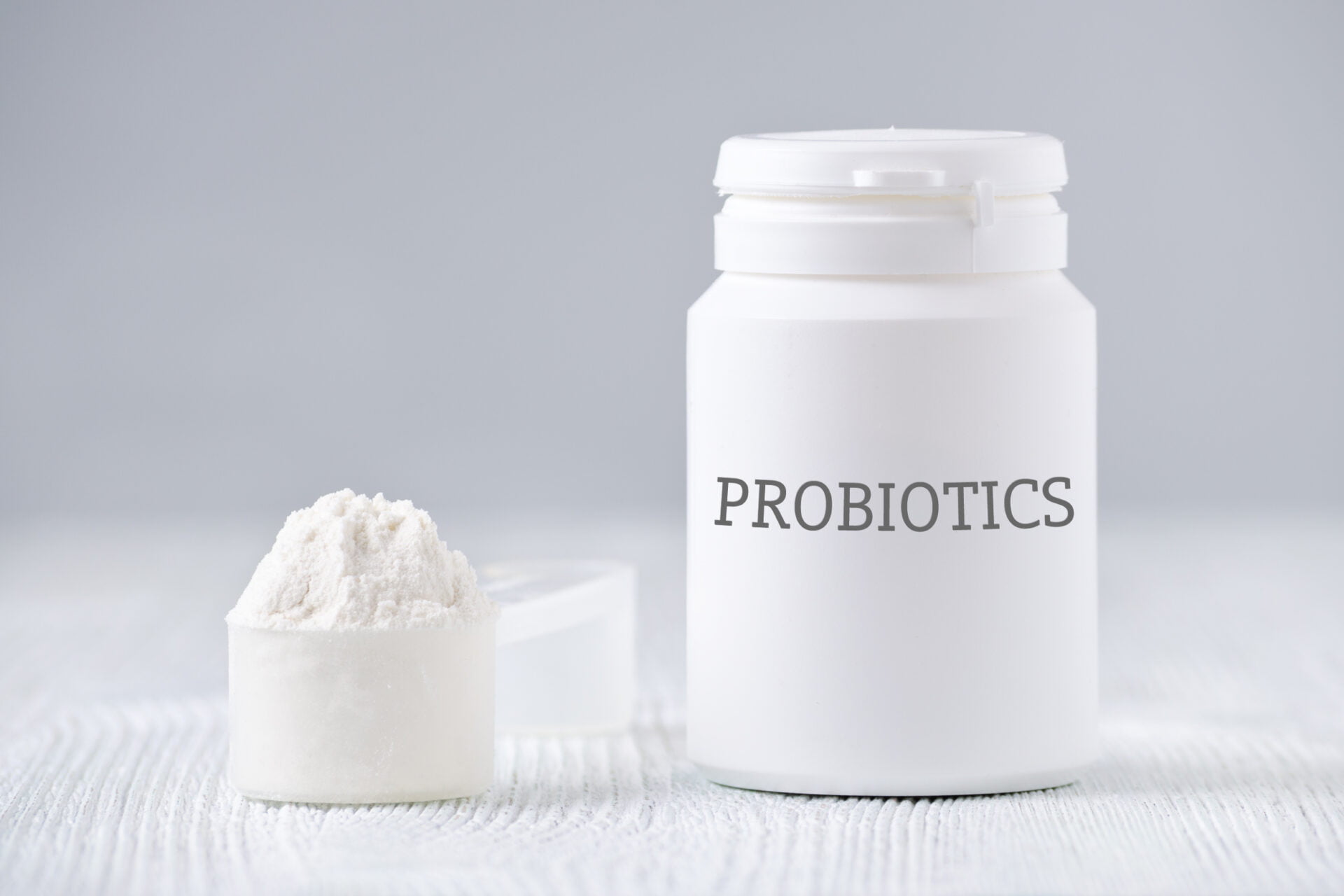
In today’s fast-paced world, prioritizing health is no longer optional—it’s essential. From vitamins to nutrition, people are increasingly turning to supplements to fill gaps in their diets and support overall wellness. Among these, top probiotics supplements have surged in popularity, and for good reason. These tiny powerhouses play a critical role in balancing gut bacteria, boosting immunity, and enhancing digestion. But with countless options flooding the market, how do you choose the right one? Let’s dive into the science, benefits, and key considerations for selecting the best probiotics to elevate your health.
Why Gut Health Matters: The Foundation of Wellness
Your gut is often called your “second brain,” and for good reason. Nearly 70% of your immune system resides in your digestive tract, and a balanced gut microbiome is linked to everything from mental clarity to glowing skin. Probiotics—live bacteria and yeasts that support digestive health—are foundational to this balance. They combat harmful pathogens, aid nutrient absorption, and even produce essential vitamins like B12 and K2.
Yet, modern diets high in processed foods, stress, and antibiotics can disrupt this delicate ecosystem. This is where high-quality probiotics supplements step in. Unlike fleeting health trends, probiotics are backed by decades of research showing their ability to:
-
Strengthen immune response
-
Reduce bloating and digestive discomfort
-
Improve mental health via the gut-brain axis
-
Enhance skin health by reducing inflammation
Choosing the Best Probiotics Supplements: What to Look For
Not all probiotics are created equal. To maximize benefits, prioritize these factors:
-
Strain Diversity: Look for supplements with multiple strains like Lactobacillus, Bifidobacterium, and Saccharomyces boulardii. Each strain offers unique benefits, from fighting infections to easing IBS symptoms.
-
CFU Count: Colony-forming units (CFUs) indicate potency. Aim for 10–50 billion CFUs daily for general health, though higher counts may be needed for specific conditions.
-
Survivability: Ensure the product has delayed-release capsules or prebiotics (like inulin) to help probiotics survive stomach acid.
-
Third-Party Testing: Opt for brands with NSF or USP certifications to guarantee purity and potency.
Pro tip: Pair probiotics with a fiber-rich diet (think fruits, veggies, and whole grains) to fuel their growth—a synergy known as the “prebiotic-probiotic connection.”
Probiotics vs. Vitamins: A Dynamic Duo for Health
While probiotics target gut health, vitamins and supplements address broader nutritional needs. For example, Vitamin D3 enhances calcium absorption and immunity, while Omega-3s reduce inflammation. Together, they create a holistic health strategy. Consider these pairings:
-
Probiotics + Vitamin C: Amplifies immune defense.
-
Probiotics + Zinc: Accelerates gut lining repair.
-
Probiotics + Collagen: Supports gut and joint health.
But remember: Supplements complement—don’t replace—a balanced diet. Focus on whole foods like yogurt, kimchi, and kefir to naturally boost probiotic intake.
The Hidden Link Between Probiotics and Mental Health
Emerging research reveals a fascinating gut-brain connection. An imbalanced microbiome is linked to anxiety, depression, and brain fog. Probiotics, often called “psychobiotics,” can produce neurotransmitters like serotonin (90% of which is made in the gut!). In one study, participants taking Lactobacillus helveticus reported reduced stress and improved mood.
Top 3 Probiotics Supplements in 2024
-
Balance Gut+: Features 15 strains and 50 billion CFUs, plus prebiotic fiber. Ideal for IBS relief.
-
ImmuneBoost Pro: Combines probiotics with Vitamin D3 for year-round immune support.
-
BioFlora Women’s: Tailored for hormonal balance and urinary tract health.
Nutrition Myths Busted: Probiotics Edition
-
Myth: “All yogurts are probiotic-rich.”
Truth: Many sugary varieties lack live cultures. Check labels for “live and active cultures.” -
Myth: “More CFUs = better.”
Truth: Excess CFUs can cause bloating. Start low and increase gradually.
FAQs About Probiotics Supplements
Q: Can children take probiotics?
A: Yes, but choose kid-friendly strains like Bifidobacterium lactis and consult a pediatrician.
Q: How long until I see results?
A: Most notice improved digestion in 2–4 weeks; immune benefits may take longer.
Q: Are probiotics safe during pregnancy?
A: Generally yes, but opt for prenatal-specific formulas and seek medical advice.
Final Thoughts: Your Path to Vibrant Health
Investing in top probiotics supplements is a proactive step toward long-term wellness. Combined with smart nutrition, stress management, and quality vitamins, they unlock a healthier, more resilient you. Ready to transform your gut—and your life? Start by choosing a trusted probiotic, and pair it with a rainbow-plate diet. Your body will thank you!